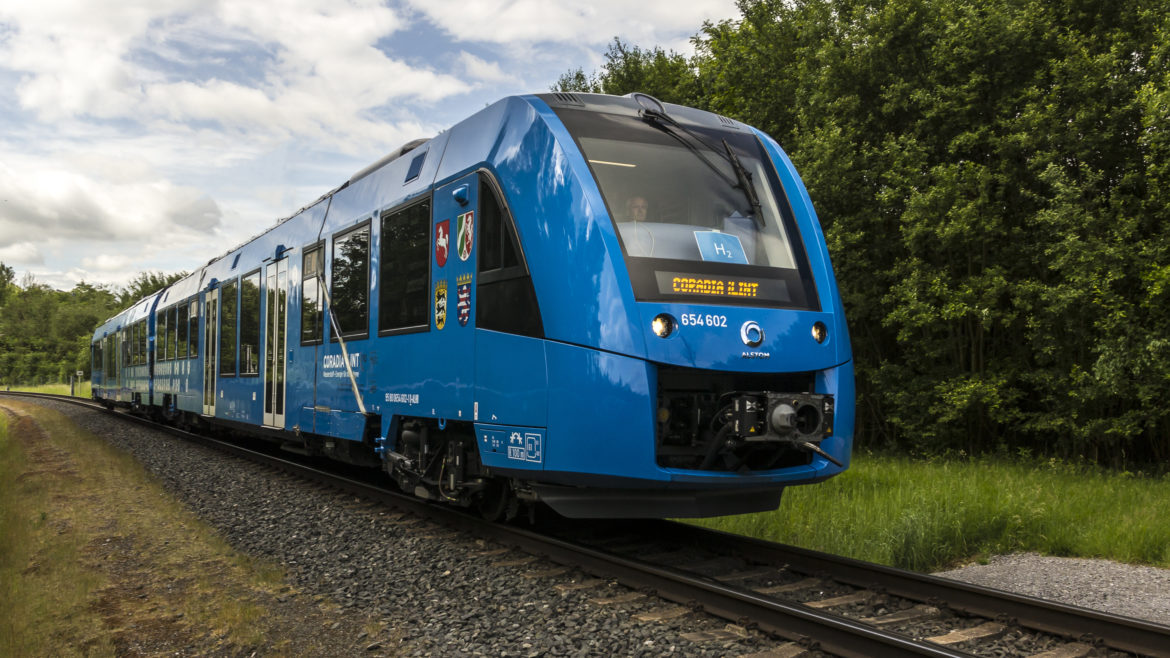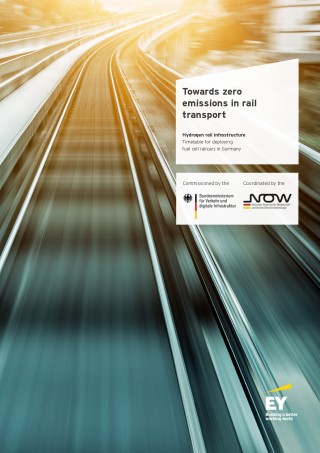Regionality is in many ways a sensible trend and regional rail transport remains indispensable in a balanced transport concept. Yet by no means are all regional lines electrified yet or even capable of becoming so – and diesel is a thing of the past. Therefore, the railcars must become electric. Here developments are just starting to pick up speed.
Replacing Diesel
Wherever the German rail network is not electrified, low emission alternatives to diesel trains are possible – and this relates to around 40% of routes in Germany. Which drive technology is appropriate for a section of track or a rail network depends on local factors and operational demands.
Today several companies are working on the development of electric multiple unit trains for regional transport. An electric multiple unit train of the Talent 3 variety, equipped with traction batteries, is currently being tested on non- or partially-electrified routes. In the X-EMU project a high-capacity fuel cell drive for hybrid EMUs is being developed and validated in a traction modular system.
Two prototypes of the Coradia iLint fuel cell train are already in the testing phase. By the autumn of 2021, 14 Coradia iLint trains will be operational on the Cuxhaven-Bremerhaven-Bremervörde-Buxtehude route. More hydrogen trains are planned for routes in Hesse and Brandenburg. A diesel-electric hybrid drive is already ready for market, which will be deployed by Deutsche Bahn. A small series of twelve vehicles is planned for the Erzgebirgsbahn by 2021. More transport companies will use electric multiple unit trains in regional transport, whether battery, fuel cell or hybrid variety. There are currently several procurement procedures underway nationwide.


